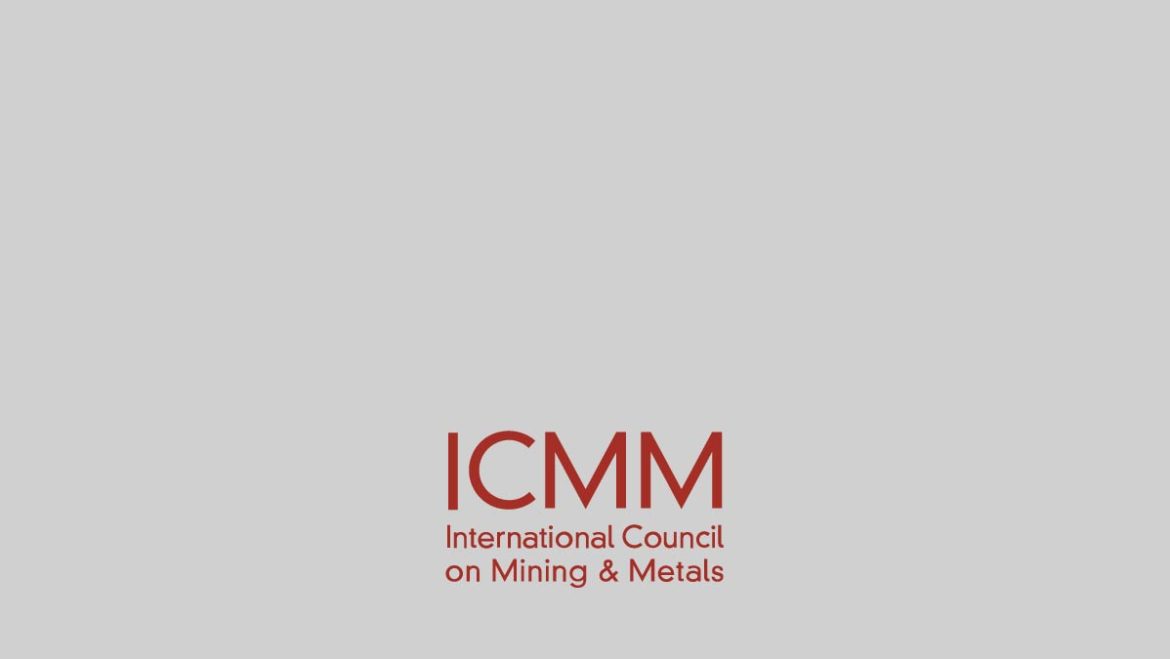While access to risk information can be limited, especially in high-risk, volatile, or tense operational areas, collecting extensive background information and vetting it through different sources is critical to conducting an effective risk assessment.
Before entering a prospective country, one firm went to great lengths and expended resources to study and analyze the destination and obtain the necessary background information to make proper security decisions. As opposed to rushing into the prospective locality and beginning a more detailed on-the-ground risk assessment, the firm began assessing its broader environment to gain the necessary operational context. Particularly, the firm established a small in-country presence and began engaging a diverse set of stakeholders and conducting discreet interviews. Stakeholders included other natural resources firms already operating in country, national and local government leaders, security officials, civil society groups, indigenous peoples groups, non-governmental organizations, the diplomatic community, and various multilateral institutions. The findings and insights from the interviews were assessed and then crosschecked by data from a trusted third party risk management provider as well as the official data from the host government.
Among the benefits of this approach that fall in line with the VPs, the firm cited the ability to detect patterns of conflict and violence, including human rights abuses of public security forces; the root causes and nature of local conflicts; and the potential for future conflicts. The in-country manager contended, “There was simply no substitute for the time we spent researching and learning the unique complexities of our new operational environment.”

